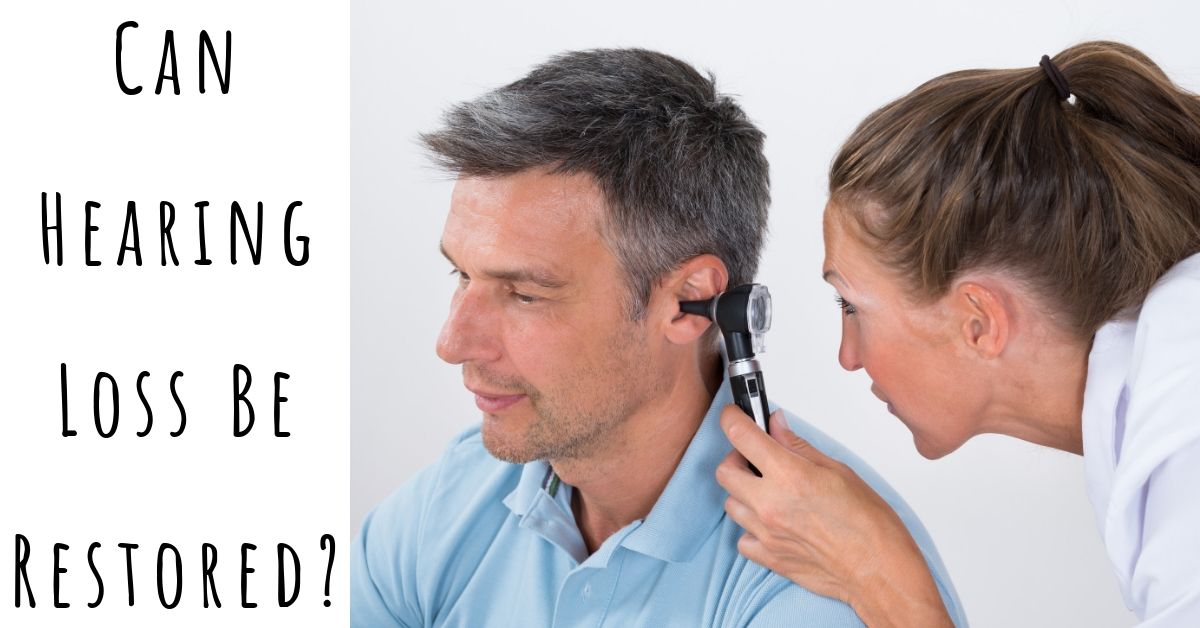All About Bluetooth Hearing Aids
Do you remember the hearing aids your parents or grandparents used to


Do you remember the hearing aids your parents or grandparents used to

Do you ever find yourself at the end of a long day only to be confronted

How Common is Hearing Loss Many people might be shocked to learn how